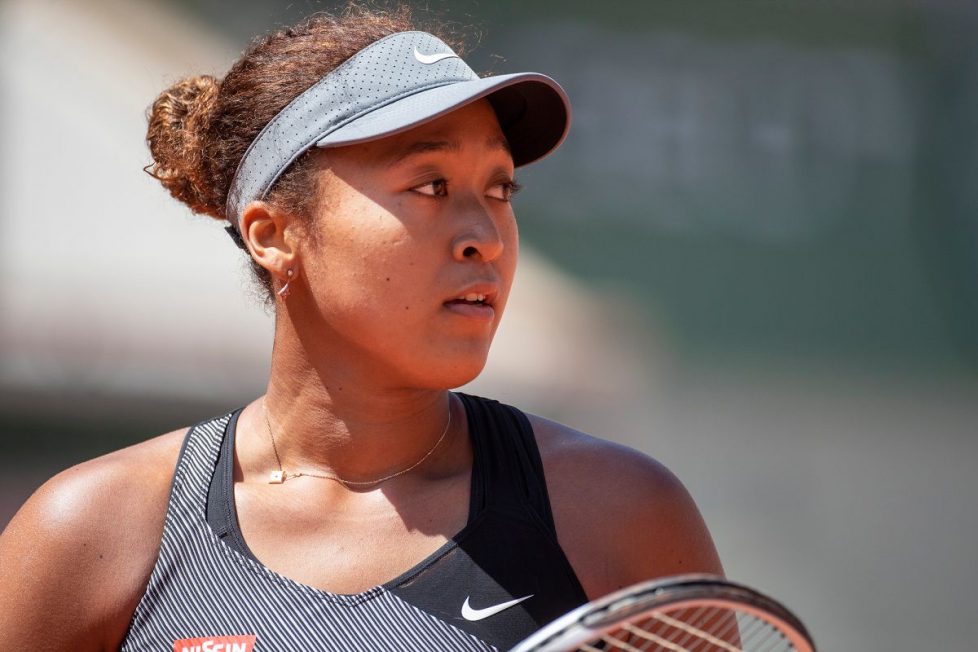The Battle At The Press Conference
Turns out, Naomi isn't the only athlete fighting the time honored tradition of the after game press conference.

Turns out, Naomi isn't the only athlete fighting the time honored tradition of the after game press conference.

Athletes battling the press is nothing new. The time honored tradition of the press conference has taken center stage in this battle ever since Marshawn Lynch sat at one repeating ‘I’’m only here so I won’t be fined’. Then there is Naomi Osaka, the no.2 women’s tennis player in the world, who will sit out Wimbledon an extended absence from the WTA tour which started with the desire to opt out of press conferences.
The battle over press conferences has largely been seen as a fight between athletes, the media and the tournaments or teams management. The focus, in Osaka’s case, has been on her mental health. Her relunctance to do them is about staying mentally well during grueling competition. It is absolutely valid for anyone including athletes to priotize their well-being. The mind needs to be well for the body to be well.
There was an outcry as we know from all corners of sports. There was support as well. Press conferences and the questions asked at them were criticized for their banality at best and offensiveness at worst.
A new twist has emerged. Turns out the problem with press conferences goes beyond the strain on athletes’ mental health. Cristiano Ronaldo removed two Coca-cola bottles from in front of him during his press conference at the EuroCup. Simply saying “Aqua” as he replaced them with a bottle of water.
It didn’t take long for the tournament to respond. Of course, with much more tender words than the ones French Open directed towards Ms. Osaka They beseeched athletes to remember the tournaments sponsors. The meaning is clear, press conferences are another opportunity to sell TV time to sponsors.
Suddenly, my eyes opened to Osaka’s predicament and by extension those of the tournments. It really is all about the money. Here was a young woman messing with their business model.
I came across an interview with Björn Borg. The former tennis great was critical of Osaka. He highlighted the symbiotic relationship between the press and the tournaments. The tournaments can’t exist without them. Meaning they can’t exist without the sponsorship opportunities they present.
Osaka like many athletes has no problem with sponsorship deals. And why would she? She makes more money from those deals than from the tournament wins. From Tag Heuer, AirBnB, and Louis Vuitton to Mastercard and Nike, Osaka rakes in the sponsorship dollars. It doesn’t stop there. She is also part-owner of the Women’s Professional Soccer team, the North Carolina Courage. In May on Instagram, she shared that she was an investor in Sweetgreen, a healthy fast-food chain. In that post, Osaka declared she wants her deals to be in line with her values. The more a player like Osaka grows her business the less and less she needs the tournaments for their winnings or their platforms.
Further complicating the matter, athletes now talk directly to fans on social media. They don’t need press conferences to get their message out. Yet, at the same time, the tournaments and all they entail are still necessary because they provide the world stage. But will they always be necessary?
Only time will tell what the future holds. Athletes are rapidly evolving and pushing the sports world in new directions. As more and more former professional athletes buy sports teams or run their own events we could be looking at an athlete-driven sports world. I for one am excited to see what that world would look like.
